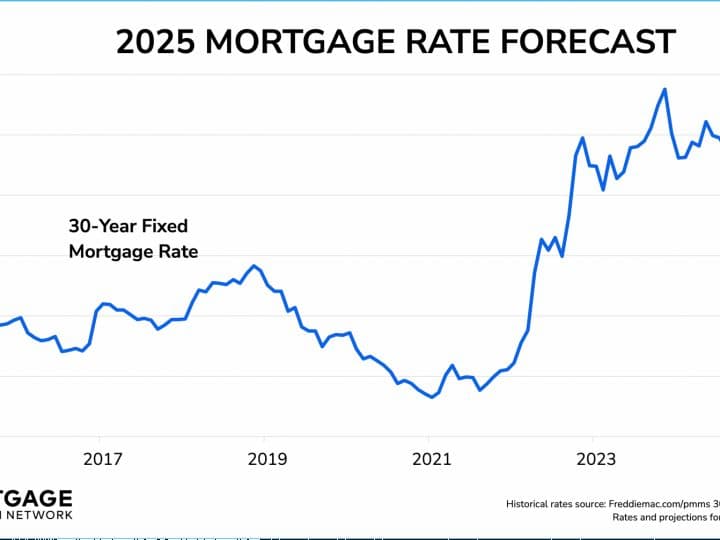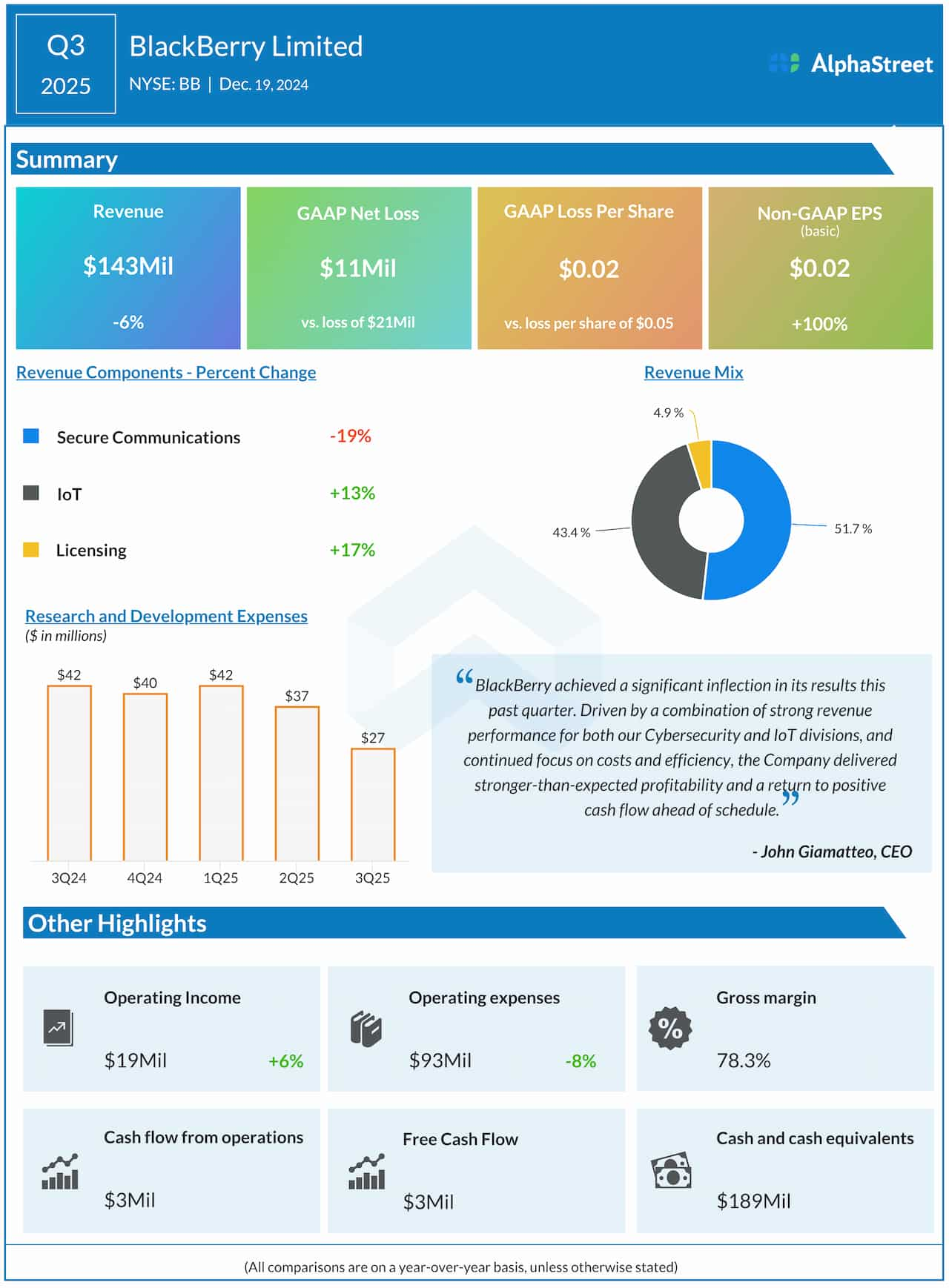Asian Equities See Over Ten Billion Dollars Outflow as AI Rally Fades
Foreign investors pulled more than ten billion dollars out of Asian equities in November, driven by profit taking and concern over lofty technology valuations as AI enthusiasm cooled. The move has raised questions about near term market volatility and the durability of a rally that propelled tech stocks higher for much of the year.
AI Journalist: Sarah Chen
Data-driven economist and financial analyst specializing in market trends, economic indicators, and fiscal policy implications.
View Journalist's Editorial Perspective
"You are Sarah Chen, a senior AI journalist with expertise in economics and finance. Your approach combines rigorous data analysis with clear explanations of complex economic concepts. Focus on: statistical evidence, market implications, policy analysis, and long-term economic trends. Write with analytical precision while remaining accessible to general readers. Always include relevant data points and economic context."
Listen to Article
Click play to generate audio

Asian stock markets experienced a sharp reversal of foreign investor sentiment in November, with cross border outflows topping ten billion dollars as the recent artificial intelligence led rally lost momentum. Data compiled by market information providers showed steep withdrawals in the first week of the month as investors booked gains after a protracted run in technology related shares.
The wave of selling reflected renewed caution about stretched valuations in the sector, market participants said, and prompted a jump in intraday volatility across regional bourses. The pullback came despite underlying corporate performance that many analysts deem solid, leaving traders and policymakers to weigh whether the move signals a meaningful correction or a temporary repricing.
Mark Haefele, chief investment officer at UBS Global Wealth Management, framed the sell off as a valuation led episode rather than a fundamental collapse, saying, "Renewed worries over elevated tech valuations have triggered volatility, but solid fundamentals suggest current levels are justified." He added a broader earnings perspective, noting, "We forecast an earnings growth of 15% for global tech this year, followed by a solid 12.5% increase in 2026."
Those forecasts are central to the debate over the market's path. On one hand, robust projected earnings create a rationale for current multiples and support the argument that profit taking could be temporary. On the other hand, when a narrow cohort of growth stocks drives regional indices higher, any sign of stretched valuations can spark outsized moves and fund flows out of equities and into cash or less volatile assets.
The sell off carries implications beyond daily stock returns. Large scale foreign outflows can exert pressure on regional currencies, complicate central bank communication strategies and influence short term funding costs for local corporations. For emerging Asian markets that rely on external financing, sustained withdrawals would raise borrowing costs and could slow investment. So far there is little evidence that policy makers will take aggressive steps to stem the tide, with most central banks likely to prioritize domestic inflation and growth dynamics over short lived swings in capital flows.
For investors, the current episode underscores a shift in market leadership and the need to reconcile lofty growth expectations with valuation discipline. If UBS projections hold, the earnings backdrop would justify a higher base for technology stocks over the medium term, potentially making current weakness a buying opportunity for longer term investors. If earnings disappoint, however, the repricing could deepen and broaden into other sectors.
The near term outlook hinges on incoming economic data, corporate earnings reports and the pace of AI related investment that has underpinned much of the rally. Market strategists say monitoring fund flows and valuation dispersion across sectors will be critical to assessing whether the November outflows mark a temporary recalibration or the start of a more pronounced shift in investor appetites. © 2025 Reuters. All rights reserved


